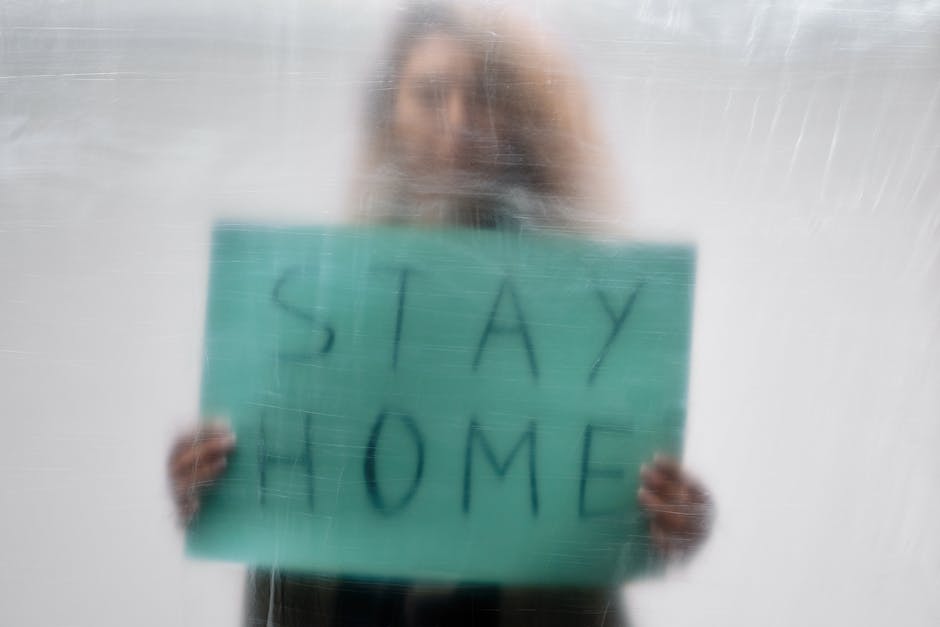**
In the remote corners of northern Ghana, hidden from modern life, lie the so-called “witch camps”—grim refuges for women accused of witchcraft. Scattered across regions like Gambaga, Gushegu, and Kpatinga, these camps house hundreds of outcasts, often condemned by hearsay or superstition. Their stories expose the brutal consequences of deep-rooted supernatural beliefs, particularly for vulnerable women.
How Women Are Branded as Witches
Accusations typically arise from misfortune—a sudden death, illness, or failed harvest. In communities steeped in tradition, such events are blamed on witchcraft, with elderly women, widows, or those with disabilities as prime targets. Without evidence or a fair trial, they face violence, ostracism, or even death.
Many flee to witch camps as a last resort, seeking protection from mob justice. There, they live in squalid conditions, relying on spiritual leaders (“tin-danas”) who perform costly “cleansing” rituals. Though the camps offer refuge, life remains bleak—women lose their families, dignity, and survive on alms or menial labor.
Life in Exile: No Way Home
These unofficial settlements have existed for decades, housing an estimated 1,000+ women and children. While most are elderly, younger women and even children (accused by association) also end up here.
Returning home is nearly impossible. Even if “cleansed,” the stigma lingers—families often refuse to take them back, fearing curses. Some women spend 20–40 years in exile, their lives suspended in isolation.
Efforts to Shut Down the Camps
Activists and NGOs, including ActionAid Ghana and Songtaba, campaign to close the camps and reintegrate the women. The Ghanaian government has made sporadic attempts, but progress is slow. Many women resist leaving, fearing they have no alternatives.
Some success stories exist—women rebuilding lives with legal aid, healthcare, and job training. Yet, countless others remain trapped, their futures uncertain.
A Deep-Rooted Cultural Crisis
Witch camps persist due to entrenched beliefs, poverty, and patriarchy. Combating this requires education, economic empowerment, and community dialogue—not just laws.
As Ghana advances as a progressive nation, the witch camps remain a stain on its record. These women are not witches—they are victims of ignorance and systemic injustice. Their plight demands urgent action.
For now, the camps stand as a haunting lesson on the dangers of superstition overriding humanity.
—NextMinuteNews
**




